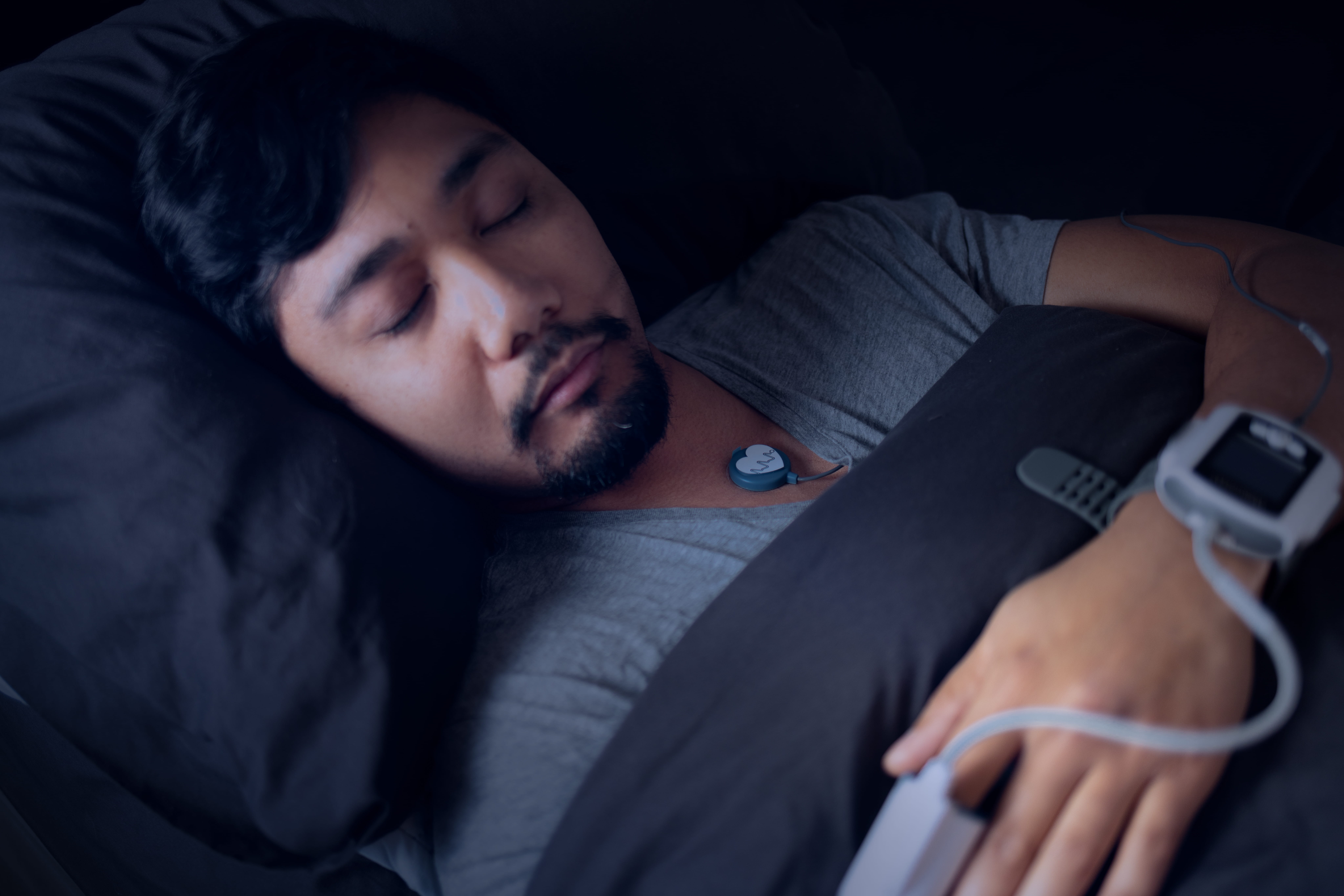Are Melatonin Dietary Supplements Safe and Effective?

Melatonin is a naturally occurring hormone in the body that is made by a pea-sized structure in the brain called the pineal gland. Melatonin plays a role in the sleep/wake cycle. Its production increases in the evening and decreases in the morning. Melatonin dietary supplements in the form of pills, liquid, and chewables are used in some cases to address sleep issues related to jet lag and other disruptions of the body’s internal “clock.”
How Safe is Melatonin
As with any dietary supplement, it is a good idea to talk with your doctor before you start using melatonin. Generally speaking, it is safe for short-term use and unlikely to cause dependency, habituation (the need to use more to get the same effect) or next-day “hangover.”
Some side effects of melatonin use have been reported. The more common of these include:
- Headache
- Dizziness
- Nausea
- Daytime drowsiness
Less frequently reported side effects include disorientation or confusion, hypotension (abnormally low blood pressure), irritability, mild depression or anxiety, abdominal cramps and mild tremors. Melatonin supplements may also interact with certain medications such as contraceptives, diabetes medicines, anticonvulsants, anticoagulants and immunosuppressants. So check with your provider or pharmacist before mixing this or any supplement.
How Effective is Melatonin
Some studies suggest that melatonin is effective for the treatment of conditions such as jet lag, shift work disorder, delayed sleep phase disorder and a sleep disorder that affects sleep and wake times in people who are blind. It may also be effective for certain sleep disorders in children.
When used for insomnia in adults, the results are mixed. However, some research has shown that melatonin may help people fall asleep slightly faster, increase overall sleep time and improve sleep quality.
In general, people with sleep disorders are advised also to follow “sleep hygiene” practices, including:
- Avoiding napping during the day
- Going to bed and waking at the same time every day
- Sleeping in a room that is dark, quiet and comfortably cool
- Minimizing exposure to light from computer and TV screens as the evening progresses
- Avoiding caffeinated beverages later in the day
- Exercising regularly
Other Uses of Melatonin
While research to date is inconclusive, melatonin is being studied for potential benefits in certain aspects of the treatment of a wide range of conditions, including:
- Alzheimer’s disease
- Cancer
- Amyotrophic lateral sclerosis (also known as ALS and Lou Gehrig’s disease)
- Elevated nighttime blood pressure
Ultimately, melatonin supplements may prove helpful in the treatment of a number of sleep-related concerns as well as other illnesses. Your doctor can provide insight on whether it is appropriate for your particular health challenges.



